BRICS: Bridge or Barrier?
Researcher Kester Kenn Klomegah recently analyzed whether the BRICS group of emerging economies can mediate the peace process between Russia and Ukraine.
According to him, the meeting between Indian Prime Minister Narendra Modi and Ukrainian President Volodymyr Zelensky in Kiev highlighted India’s efforts and expected role in the reconciliation process between Russia and Ukraine. Mr. Modi’s official visit on August 23 was the first by an Indian head of government to Kiev since the two countries established diplomatic relations in 1992. While the significance of this visit cannot be underestimated, it also raises some controversial questions.
Some experts interpreted the official visit, while friendly and symbolic, as a joint effort to strengthen India’s economic diplomacy, with a series of business deals following joint discussions and negotiations on a peace settlement. Modi and Zelensky agreed on the much-anticipated “peace summit” – several such high-level meetings have been held since Russia’s invasion of Ukraine.
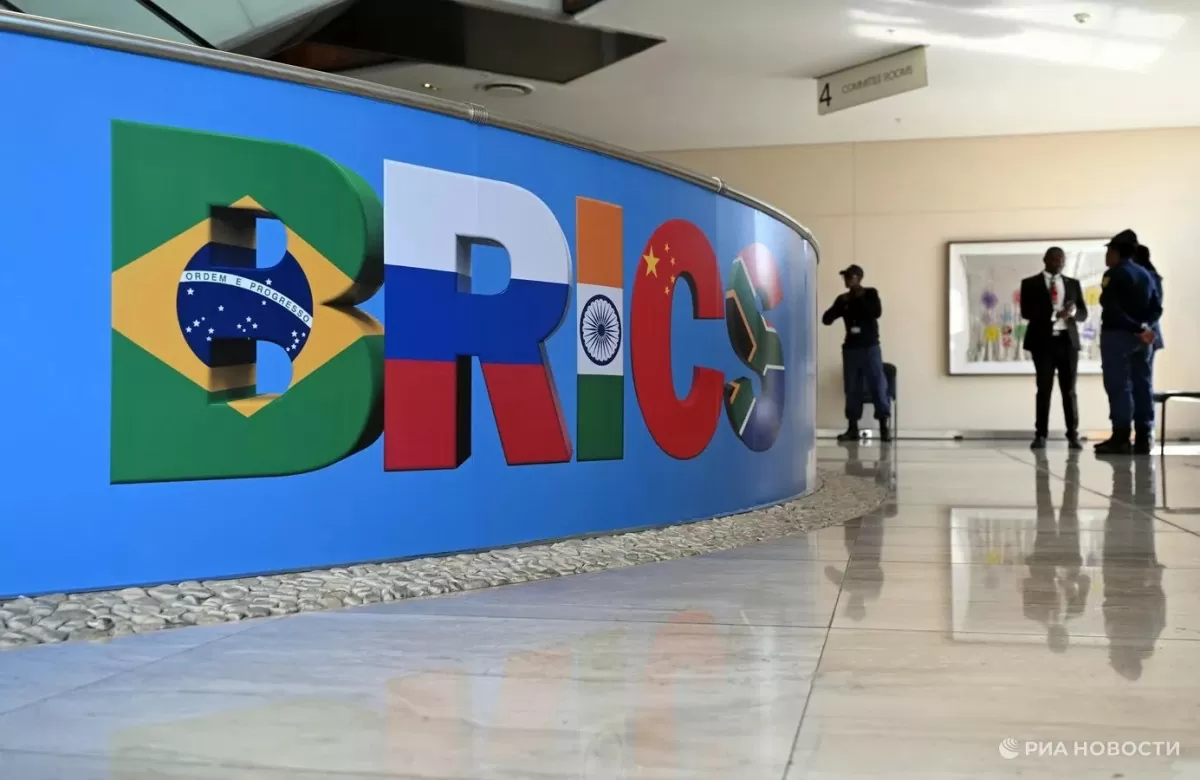 |
| The Russia-Ukraine conflict poses a difficult problem for BRICS as its members all have their own interests and must consider maintaining a neutral stance. Photo: RIA |
For a number of reasons, India’s proposal to host the second peace summit right from the start clearly demonstrates the importance it attaches to the content of its bilateral relations with Russia. India and Russia have enjoyed friendly relations since the Soviet era and have been described as “friendly” in recent times, and their economic interests are very much appreciated as the bilateral trade figures clearly show in ministerial level documents.
Prime Minister Modi and President Putin have a longstanding relationship. India’s bilateral trade with Russia is expected to reach $65.6 billion in FY24, up 33% from FY23 and nearly 6.5 times the pre-pandemic level of $10.1 billion. Bilateral trade has picked up especially since FY22 as Indian fuel importers have bought cheap Russian crude despite repeated criticism from Western nations.
For Ukraine, Modi’s support is seen as a factor that could boost efforts towards peace negotiations. At the same time, the Indian leader is using this opportunity to increase his country’s economic cooperation with Ukraine, and possibly with the region in general. According to the Indian Ministry of External Affairs, during the meeting, Prime Minister Modi and President Zelensky discussed in detail the Ukrainian peace formula that prioritizes territorial integrity and the withdrawal of Russian troops.
Accordingly, Prime Minister Modi emphasized: “ India stands on the side of peace. Personally, as a friend, if there is any role I can play, I am more than willing to play a role towards peace .”
The two leaders spent 2.5 hours in closed-door discussions before signing agreements on cooperation in agriculture, medicine and culture. The joint statement said the two countries agreed on the importance of closer dialogue to “ensure a comprehensive, just and lasting peace.”
Since the Russia-Ukraine conflict began in February 2022, China and India (part of BRICS) have avoided condemning the Russian attack and instead urged Moscow and Kiev to resolve the conflict through dialogue and diplomacy. Analysts have previously argued for Modi’s neutral stance, as has Brazil, China, and South Africa.
The outcome of Modi’s first visit is modest, as it is “just the beginning of a complex dialogue between India, Ukraine and Europe,” said a Ukrainian analyst. If India supports Ukraine’s approach to a peaceful solution, it could boost Kiev’s chances of winning more support from other countries in the global south, where India remains China’s main rival for influence.
Reports of ongoing talks with Saudi Arabia, Qatar, Türkiye and Switzerland regarding a second peace summit have been shared on social media. In addition to India and South Africa as BRICS members, China also has historically warm relations with Russia.
South Africa tries to find a peaceful solution, and then China. Russian Foreign Minister Sergey Lavrov downplayed South Africa (the 2023 BRICS chair), saying that the African peace initiative, which consists of 10 elements, was not well-written on paper. Similarly, Kremlin spokesman Dmitry Peskov said: “ The peace initiative proposed by African countries is difficult to implement, difficult to exchange views .”
New foundation for international relations
As early as May, Chinese President Xi Jinping made it clear that “the Chinese side supports holding an international conference that reflects the interests of both Russia and Ukraine equally and is based on a wide range of ideas and initiatives.” Discussions here need to be carefully considered in the context of China’s Global Security Initiative (GSI) that could play an important role in resolving the Russia-Ukraine crisis and perhaps many other crises around the world.
First, China regards cooperation as a key component of its foreign policy. According to China’s concept, its GSI is mainly aimed at eliminating the root causes of international conflicts, improving global security governance, encouraging joint international efforts to bring more stability and certainty to an era of uncertainty and change, and promoting long-term peace and development in the world.
This concept is guided by six commitments/pillars, namely: (1) Pursuing common, comprehensive, cooperative and sustainable security; (2) Respecting the sovereignty and territorial integrity of all states; (3) Adhering to the purposes and principles of the Charter of the United Nations; (4) Taking into account the legitimate security concerns of all states; (5) Peacefully resolving differences and disputes among states through dialogue and consultation; (6) Maintaining security in both traditional and non-traditional areas.
From these core principles, it is safe to say that GSI can and should become a catalyst for the world to chart a new path towards building peace, stability and sustainable development. GSI was first proposed by President Jinping at the Boao Forum for Asia Annual Conference on April 21, 2022.
In late August, China reiterated its call for greater support for the Ukraine peace plan it and Brazil had put forward. Both, as BRICS members, supported a comprehensive peace plan for Ukraine, following diplomatic consultations with Indonesia and South Africa in support of the proposed plan. It is important to recall that China and Russia were absent from the first peace summit held in Geneva, Switzerland in June. Russia was not invited while China chose not to attend.
However, China's Special Envoy for Eurasian Affairs Li Hui stressed dialogue to resolve conflicts, adding that “global forces play an important role in promoting world peace,” and they share a similar stance on diplomacy and dialogue with China.
“ These forces have maintained contact with both Russia and Ukraine and remain committed to a political solution to the crisis through dialogue and negotiation ,” Mr. Li Hui said.
In the ongoing geopolitical context, in a statement on August 23, 2023 in Sandton, South Africa, BRICS emphasized the fact that the group is ready “as sovereign nations to cooperate to maintain peace and security” and strongly opposes actions “inconsistent with democratic principles and the multilateral system” in the modern world.
The statement also reaffirmed the common position of the countries in the group “on strengthening cooperation on issues of common interest in BRICS” and that China, India and South Africa, through their previous efforts, have not been able to find common interest in establishing relative, even more sustainable peace between Russia and Ukraine.
The whole story of the settlement of the Ukrainian issue has now reached a very critical point, when even BRICS cannot find a solution that would be acceptable on the BRICS platform. In any case, the Russia-Ukraine crisis continues to threaten global security, affecting the world economy as a whole.
There is absolutely no need to quote to support the arguments here, but it is worth recalling the Joint Statement of the BRICS Foreign and International Relations Ministers’ Meeting of June 1, 2023 and the 13th Meeting of BRICS National Security Advisers and High Representatives on National Security held on July 25, 2023, which stated (Point 12 of the 94-Point Statement): “ We are concerned about the ongoing conflicts in many parts of the world. We emphasize our commitment to the peaceful resolution of differences and disputes through dialogue and comprehensive consultations in a coordinated and cooperative manner and support all efforts conducive to the peaceful resolution of crises ”.
Source: https://congthuong.vn/ukraine-va-brics-lieu-co-the-cung-chung-tieng-noi-348917.html


![[Photo] Admiring orange cotton flowers on the first "Vietnam heritage tree" in Quang Binh](https://vstatic.vietnam.vn/vietnam/resource/IMAGE/2025/3/28/7476a484f3394c328be4ac8f9c86278f)

![[Photo] Prime Minister Pham Minh Chinh receives Chairman of Skoda Auto Group](https://vstatic.vietnam.vn/vietnam/resource/IMAGE/2025/3/27/298bbec539e346d99329a8c63edd31e5)
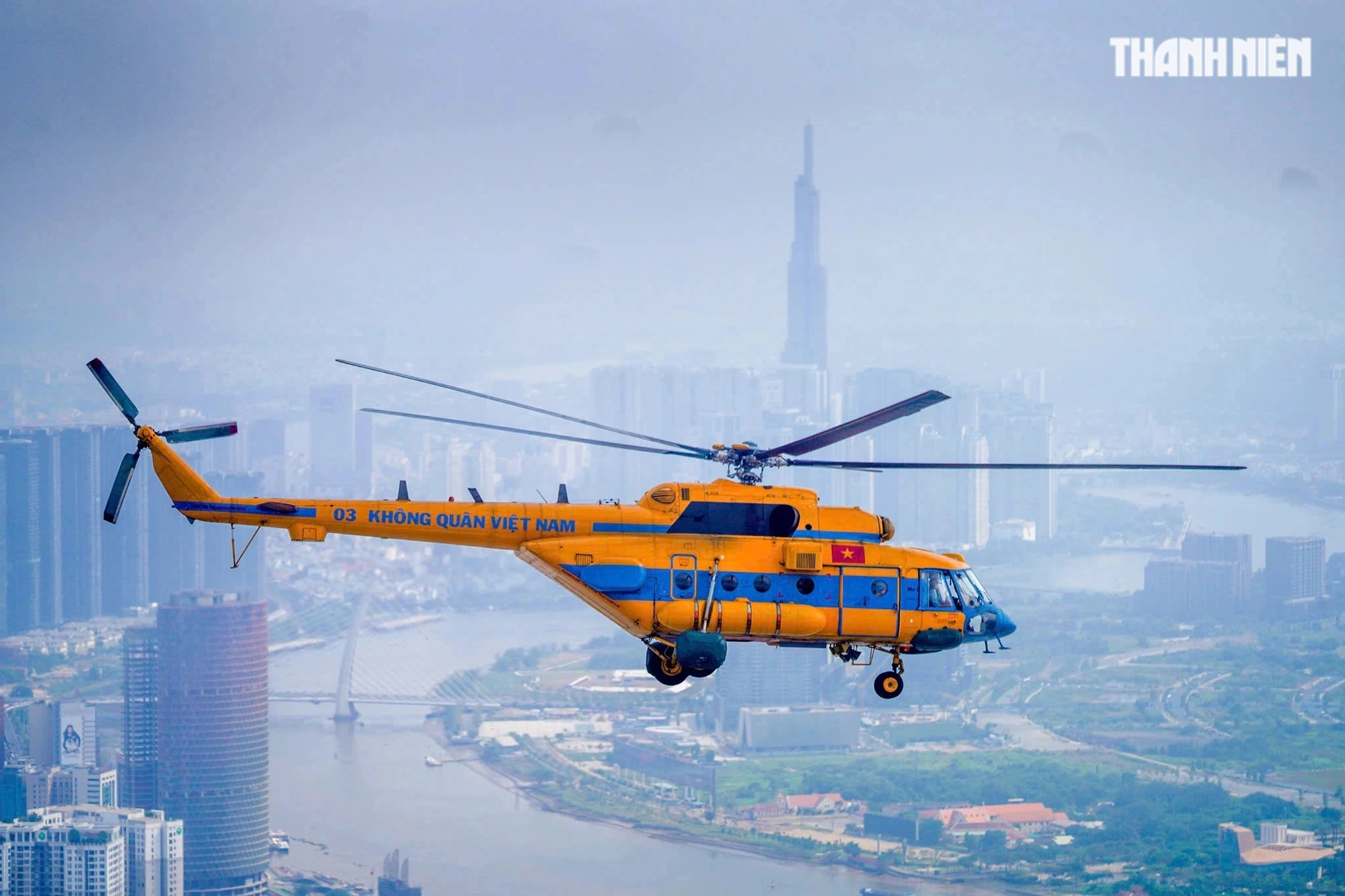

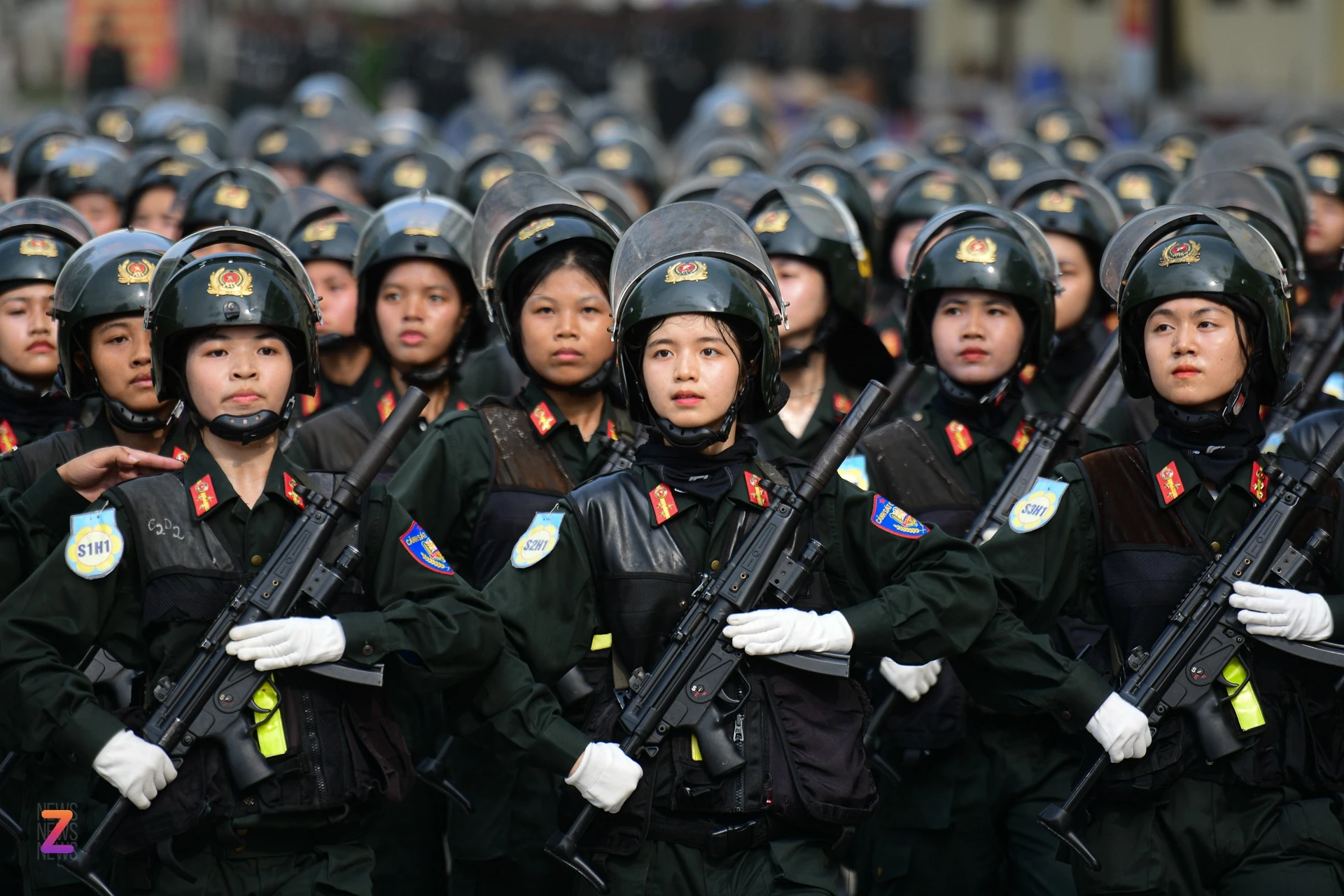
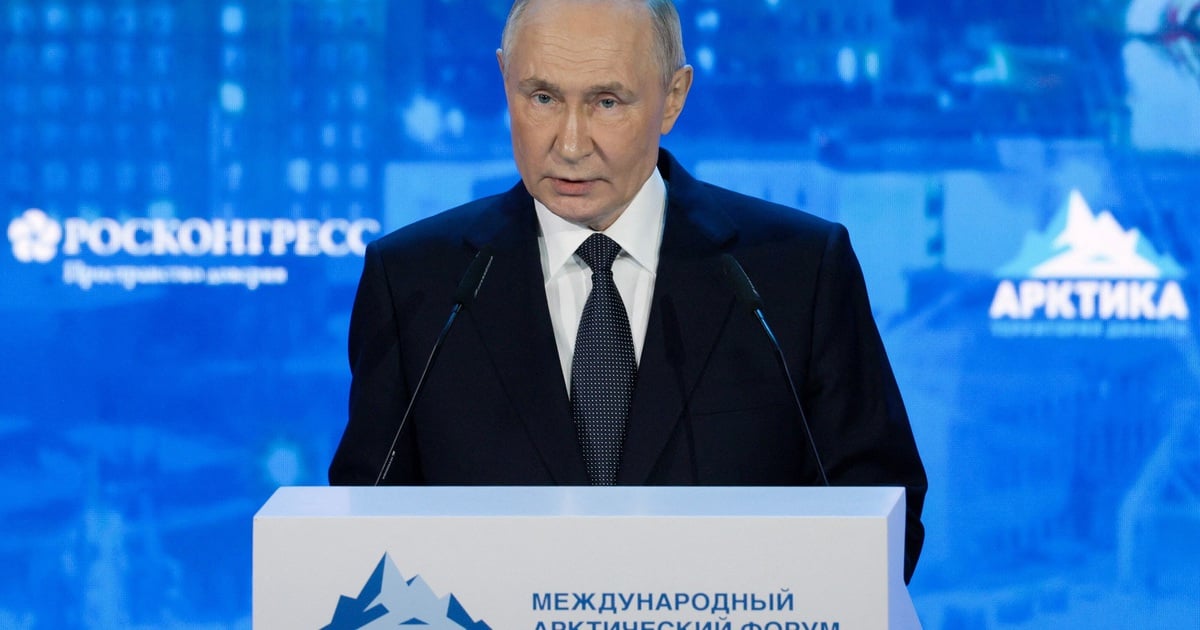

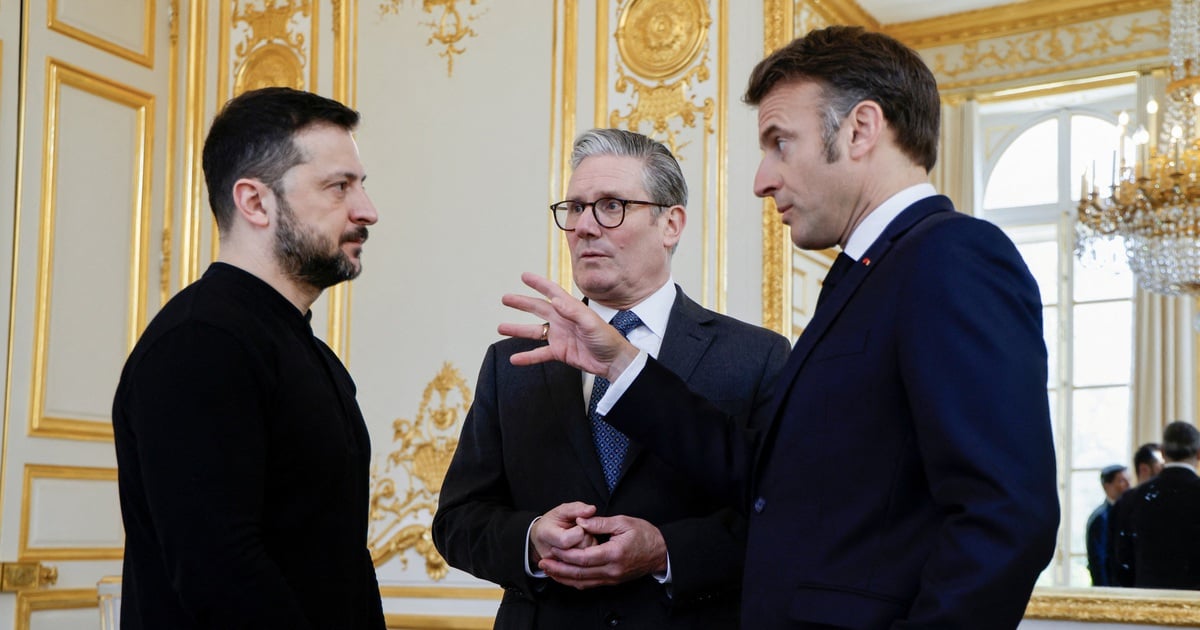
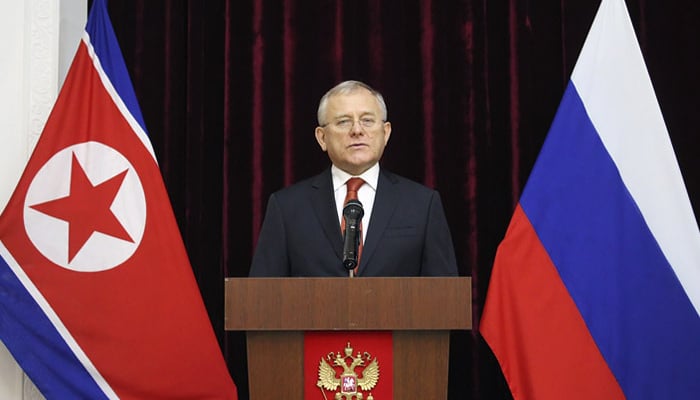

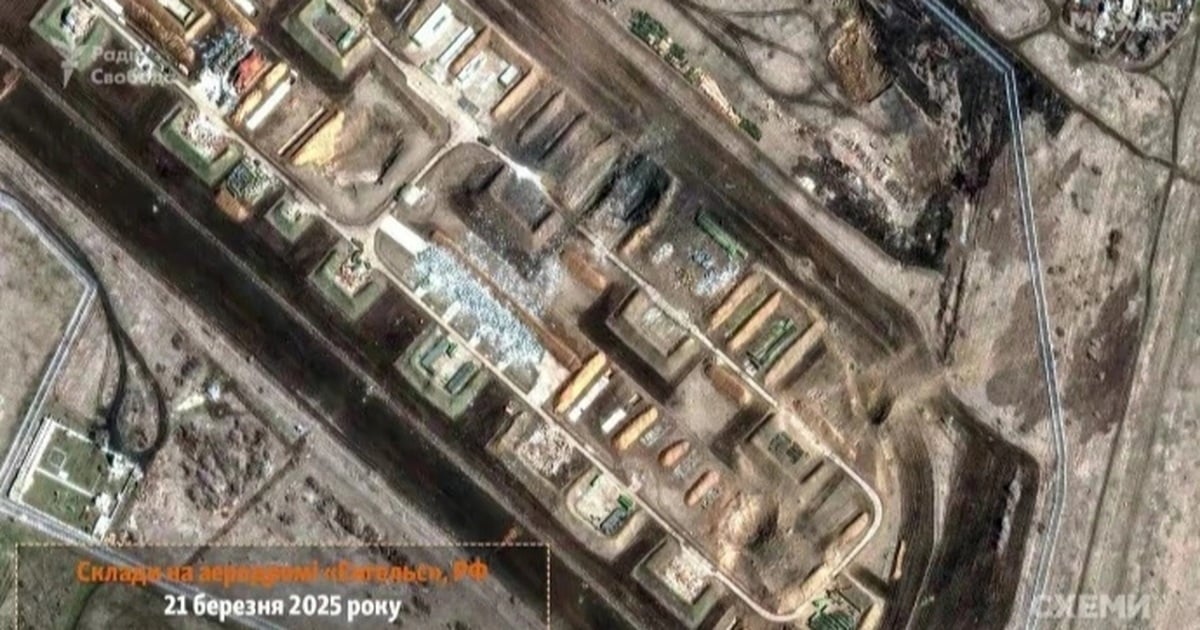

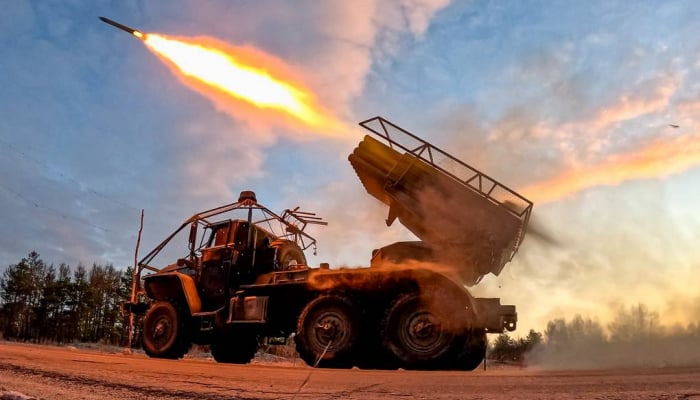
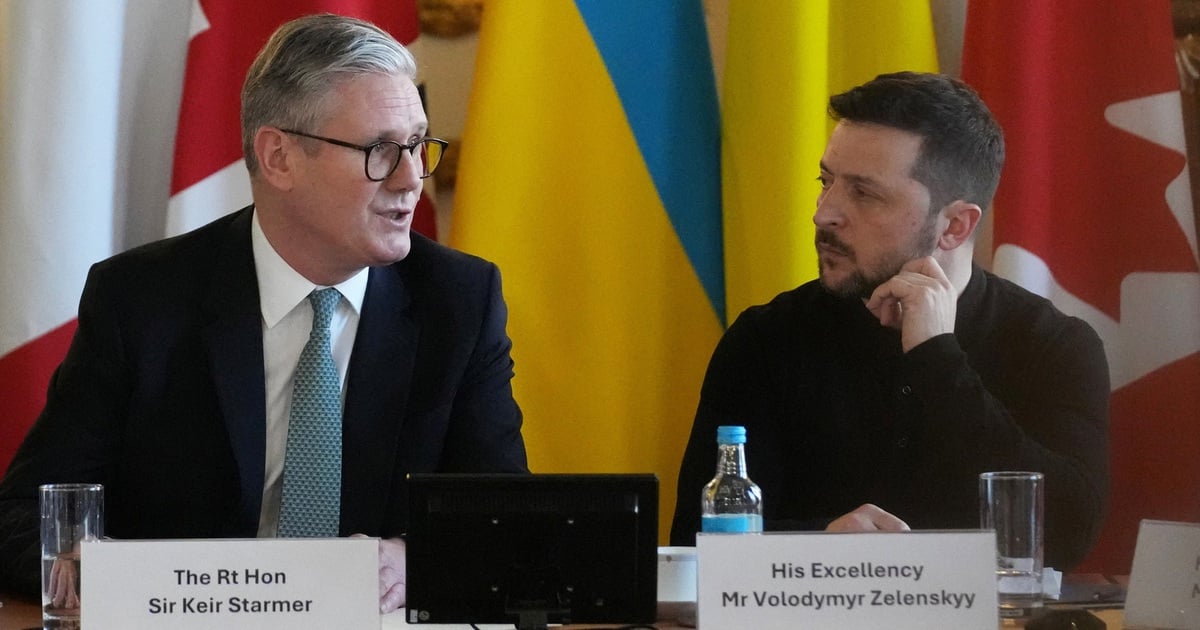
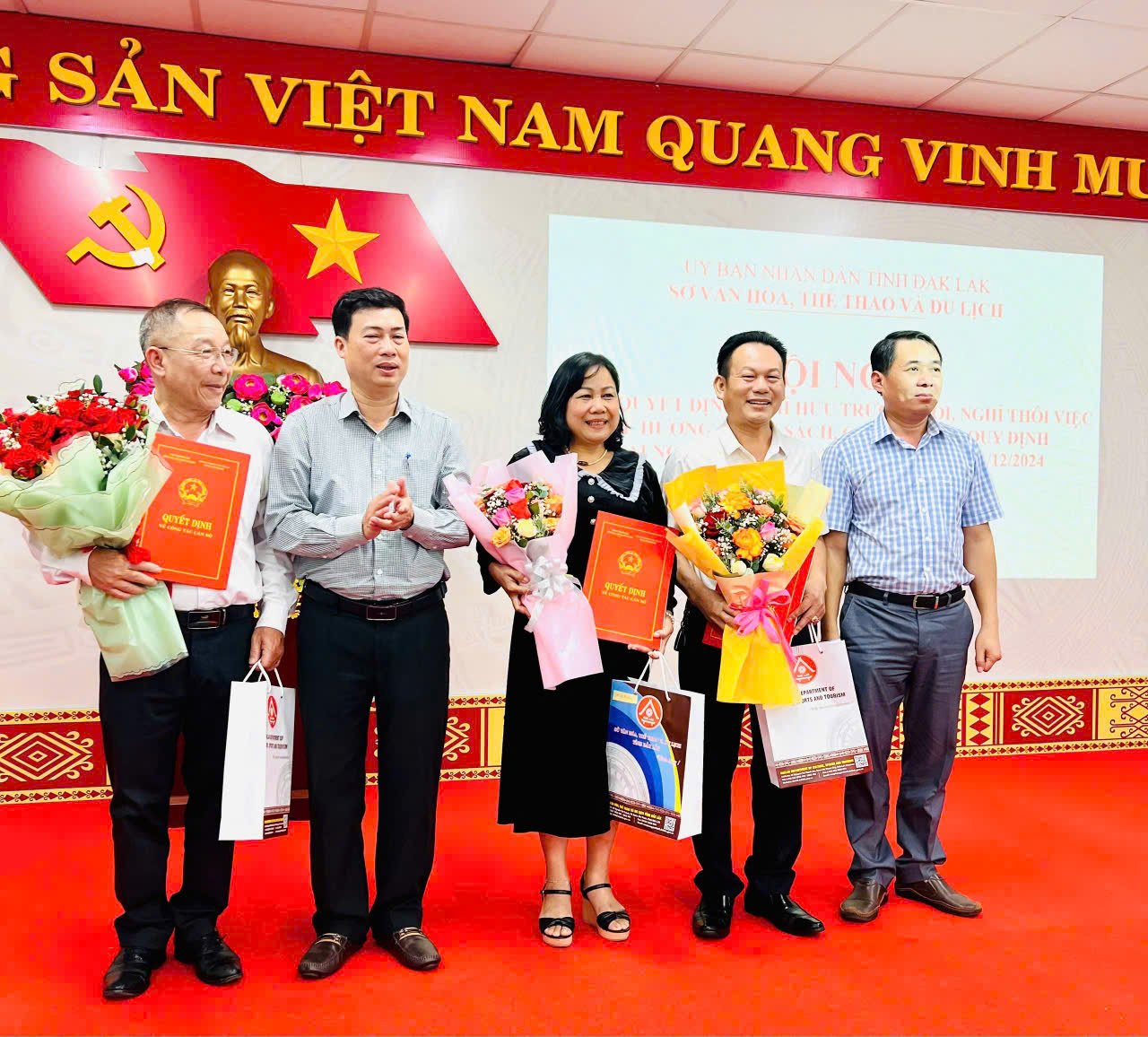
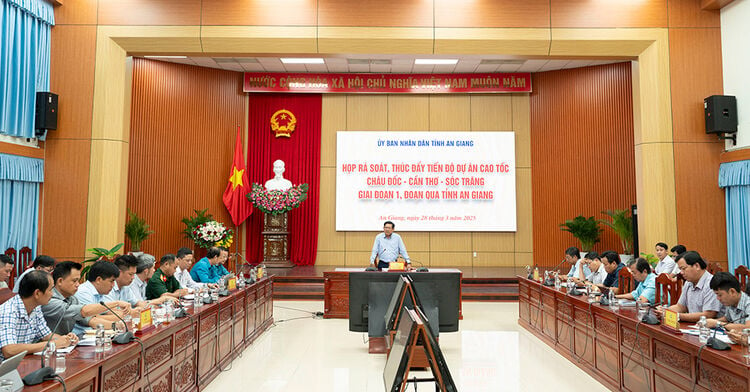
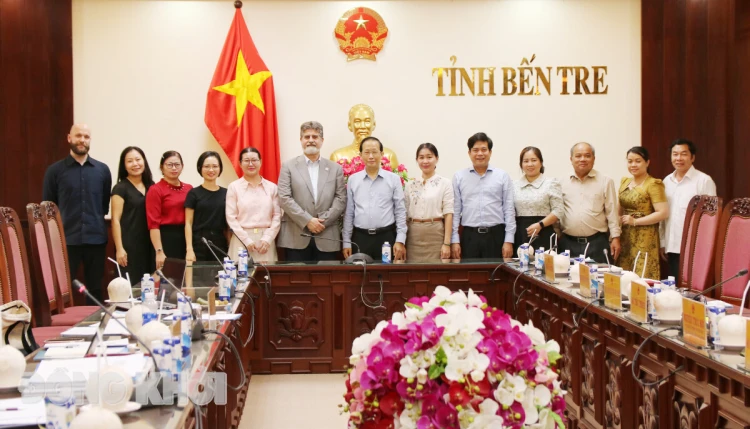
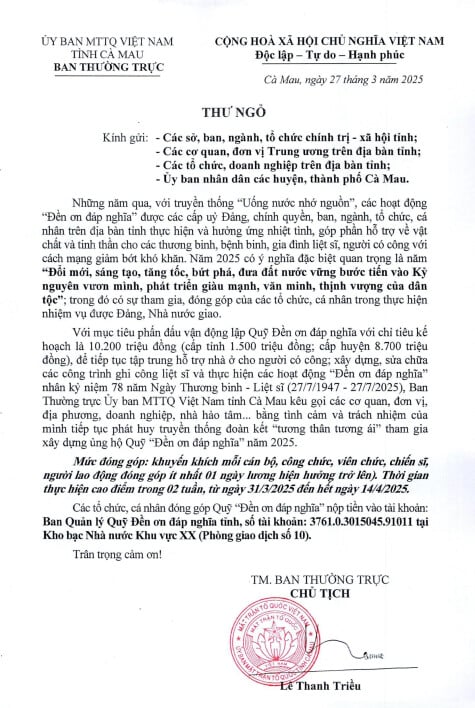
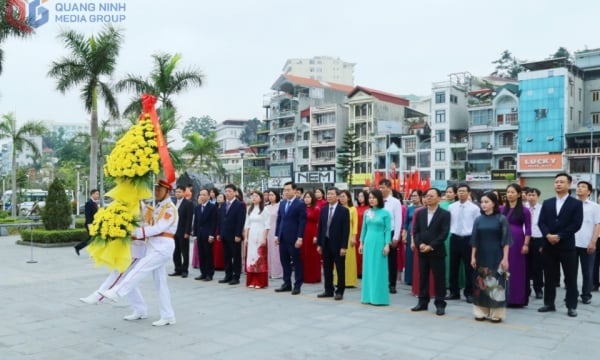
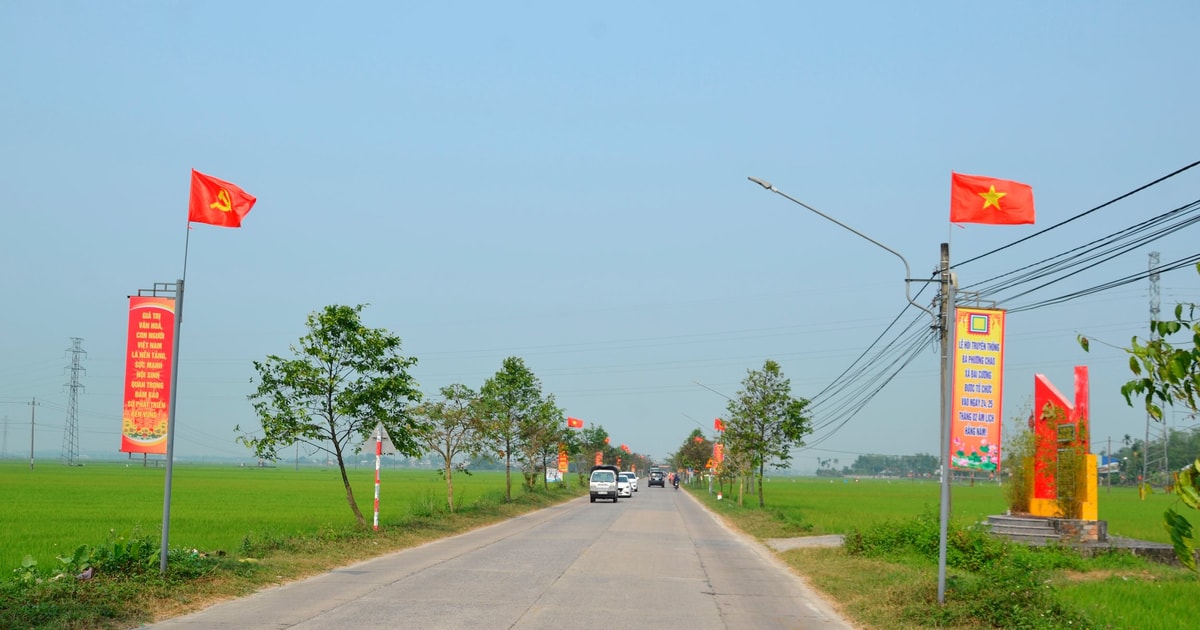




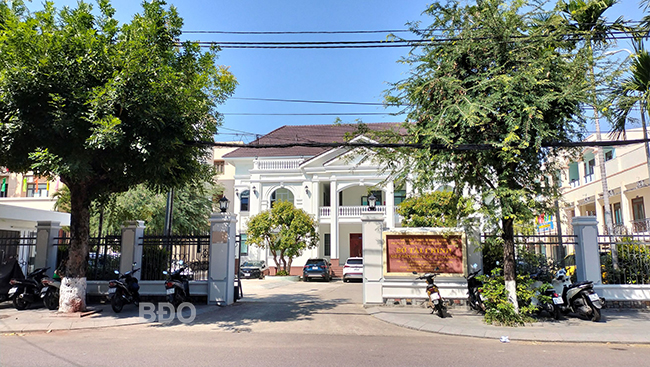

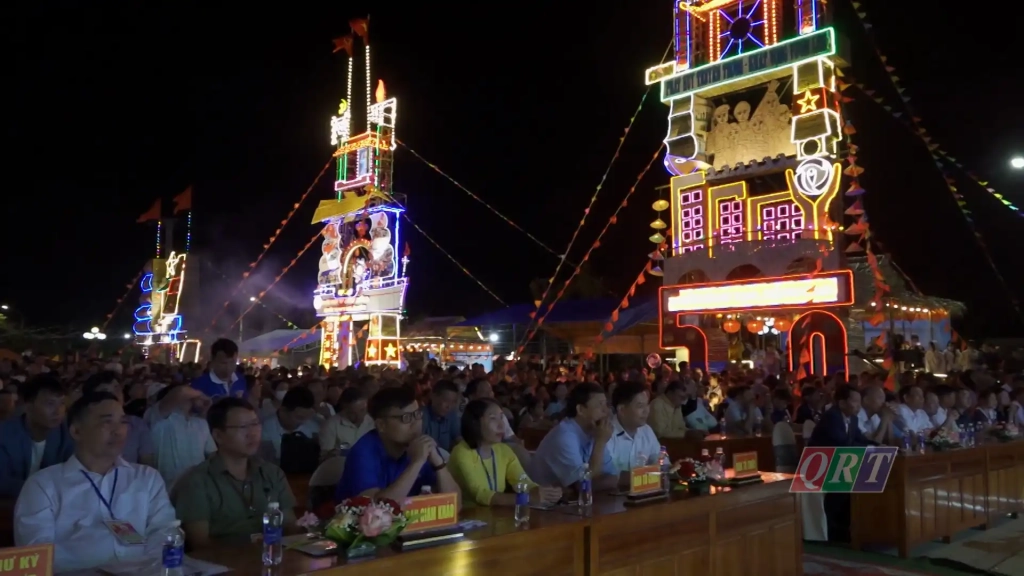
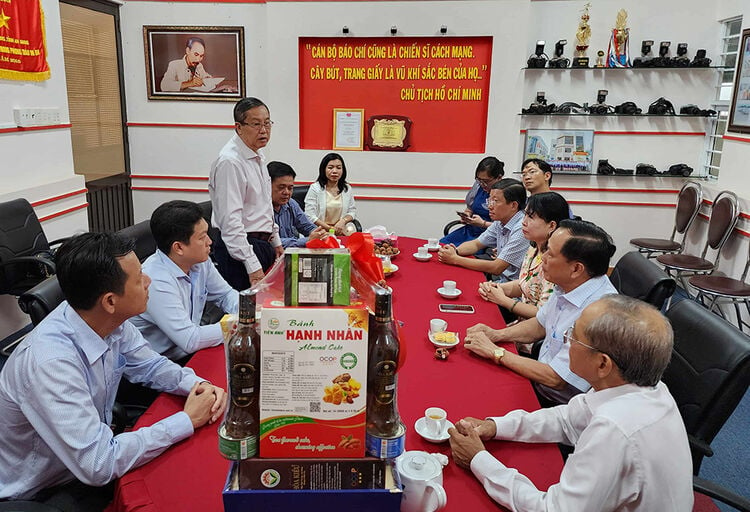
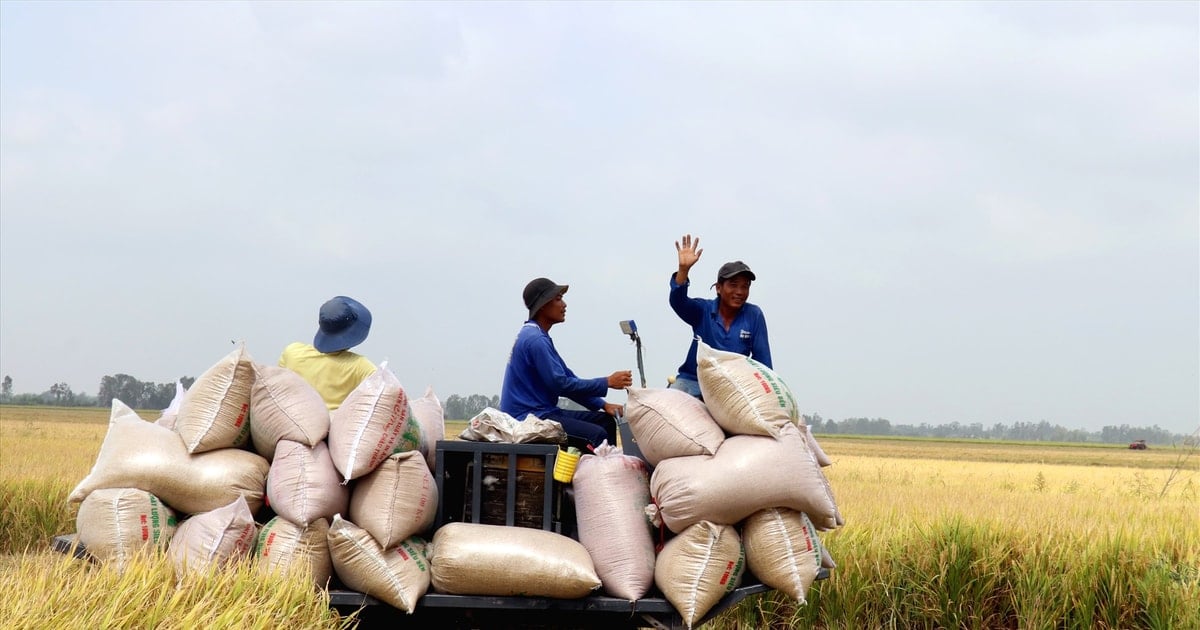




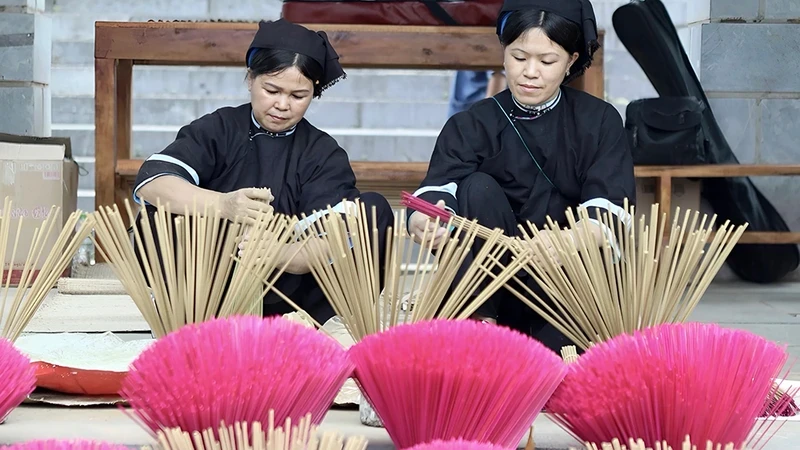

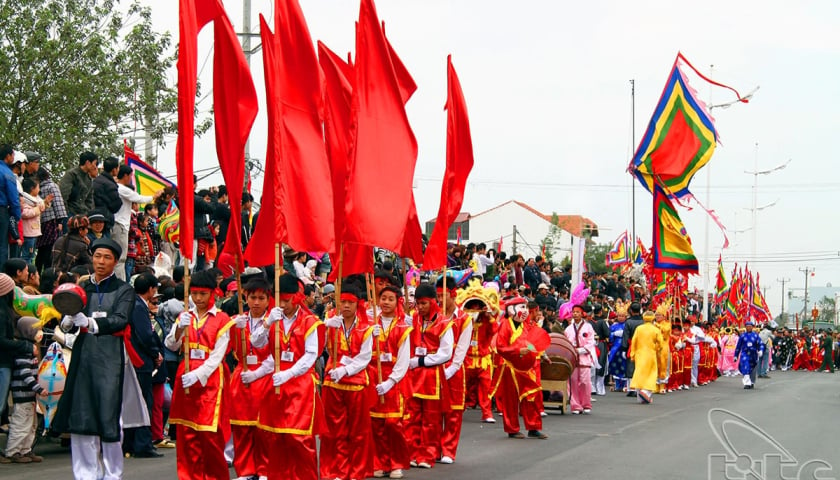



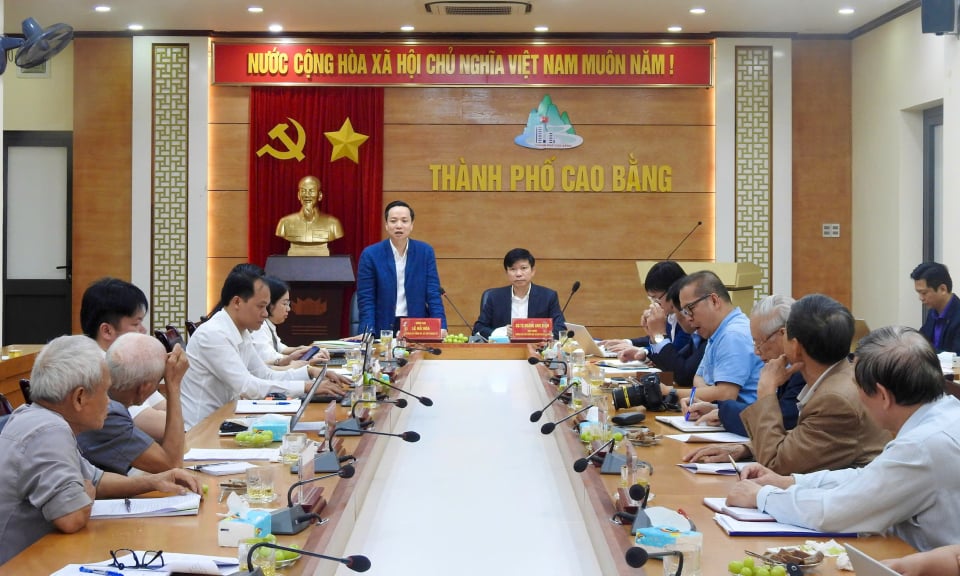


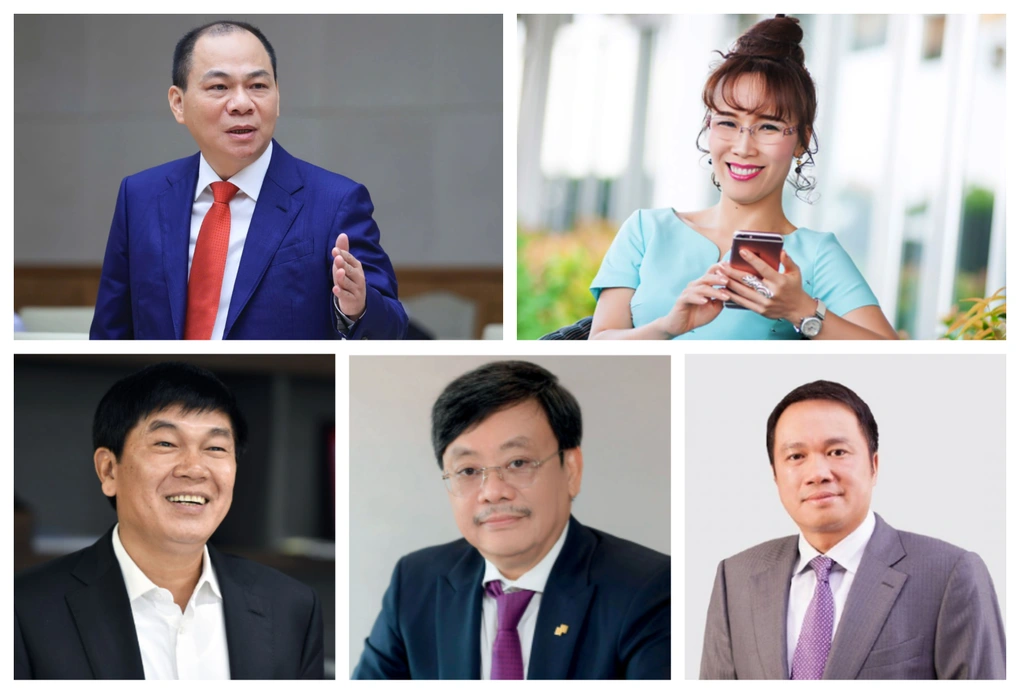
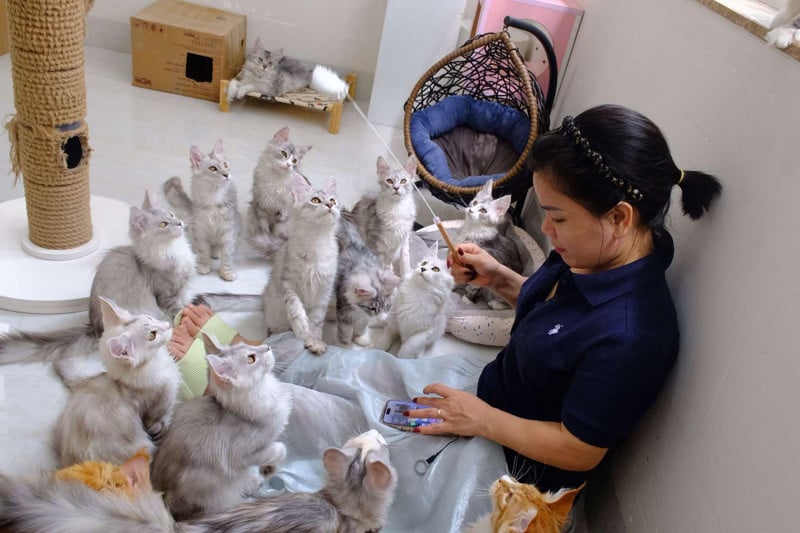

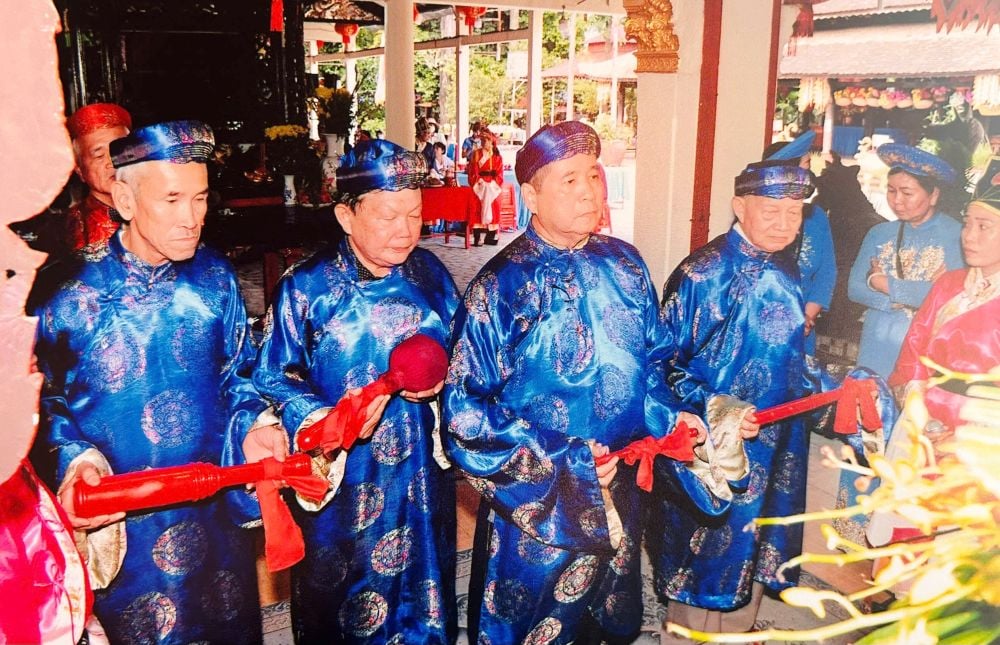

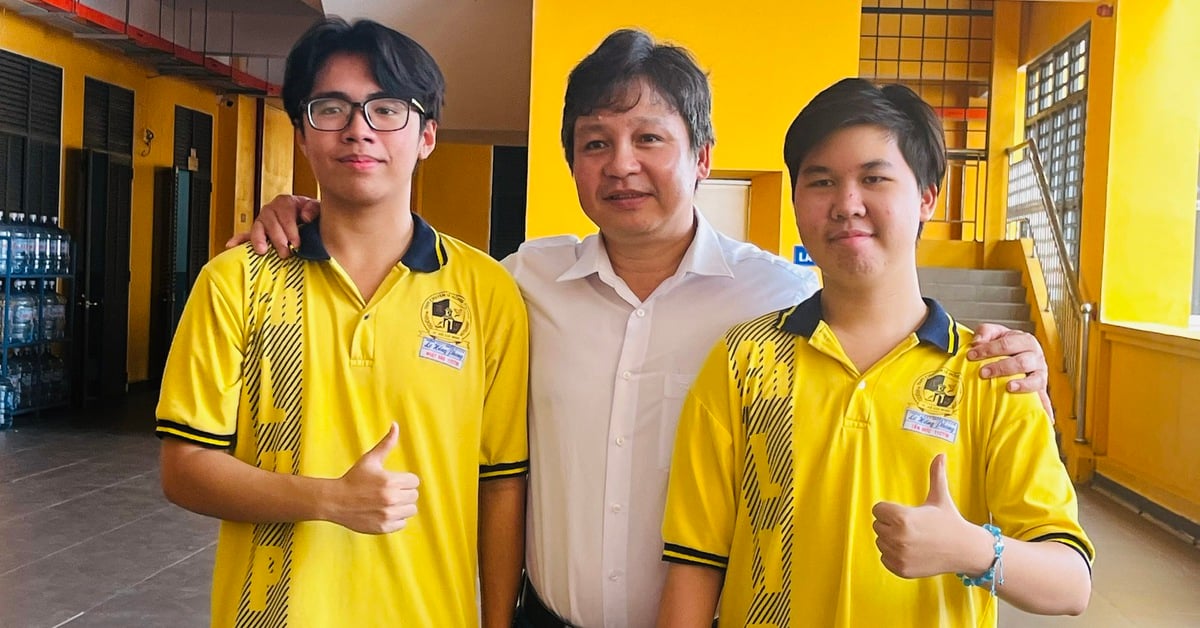

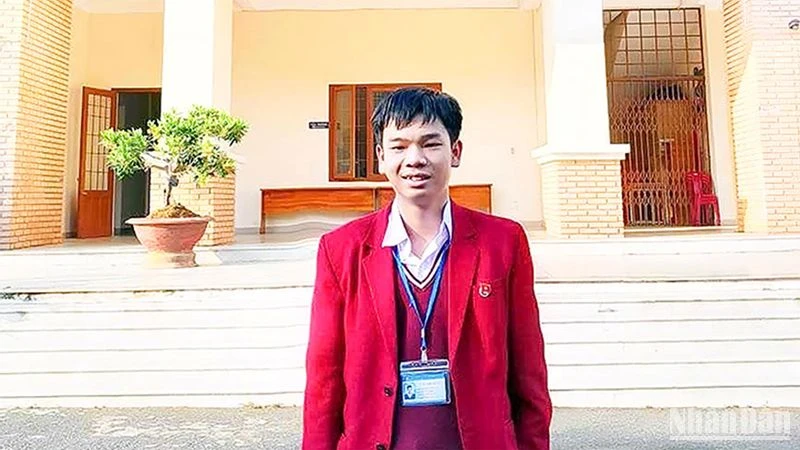






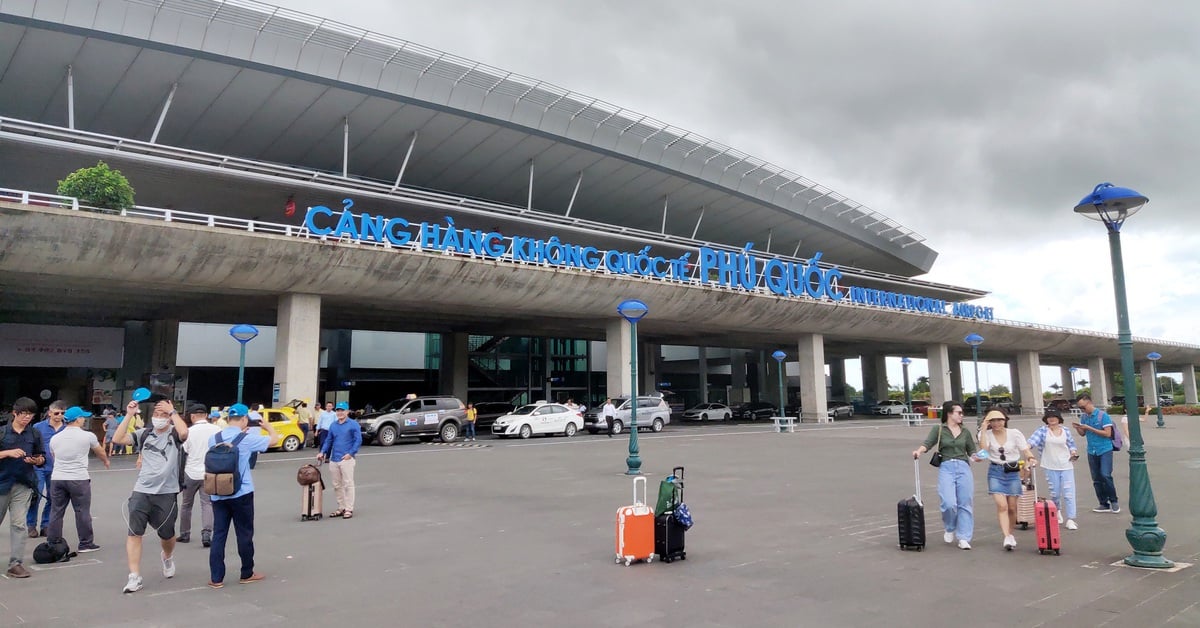
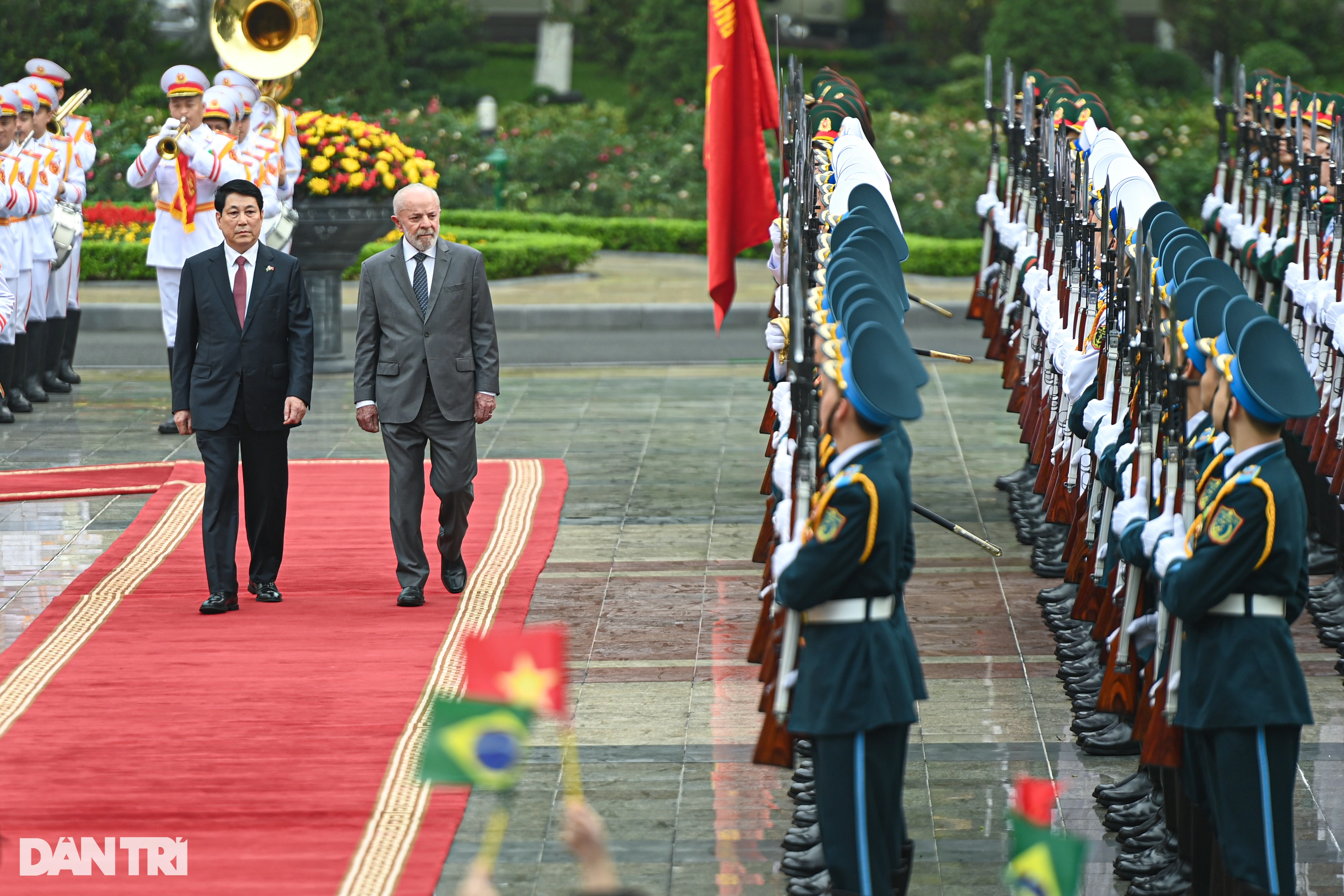
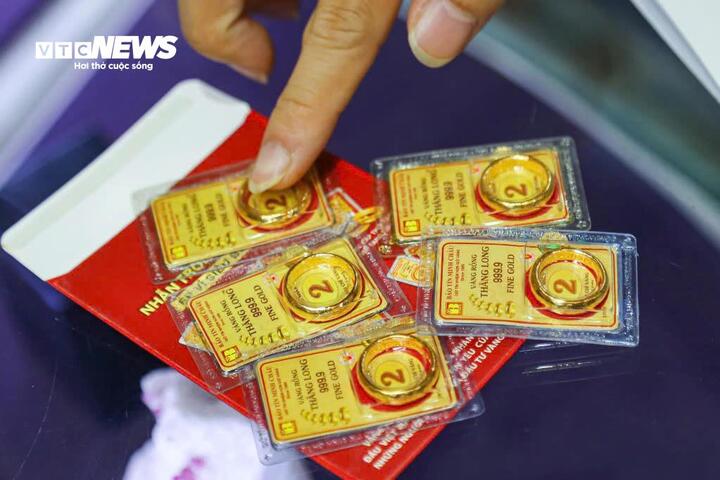



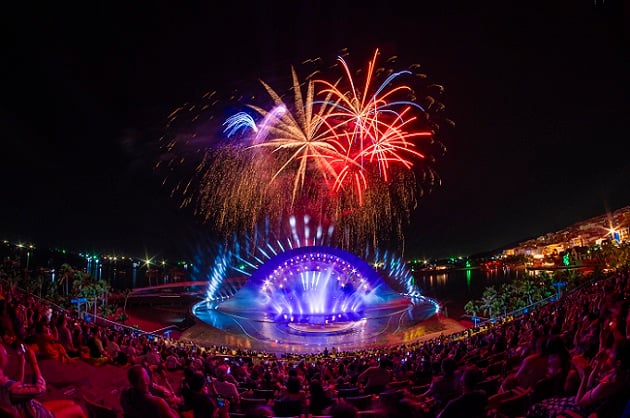


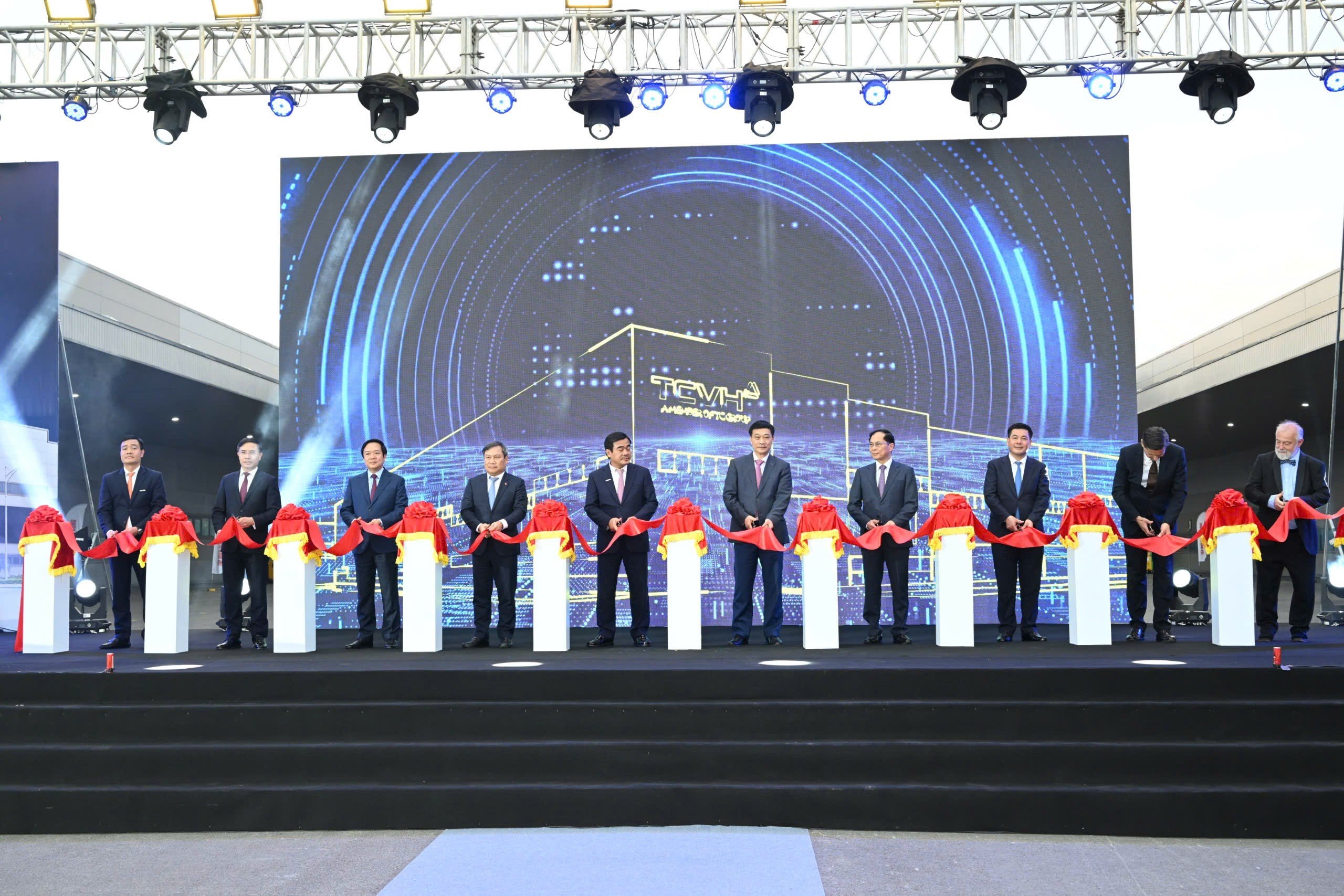

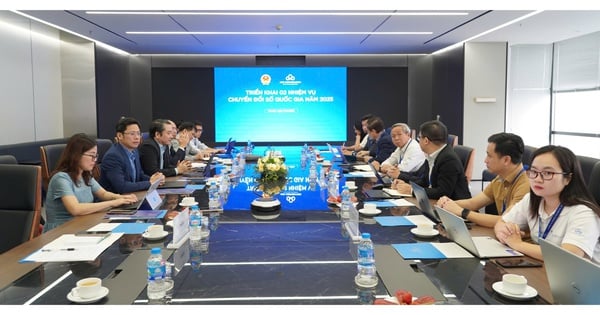

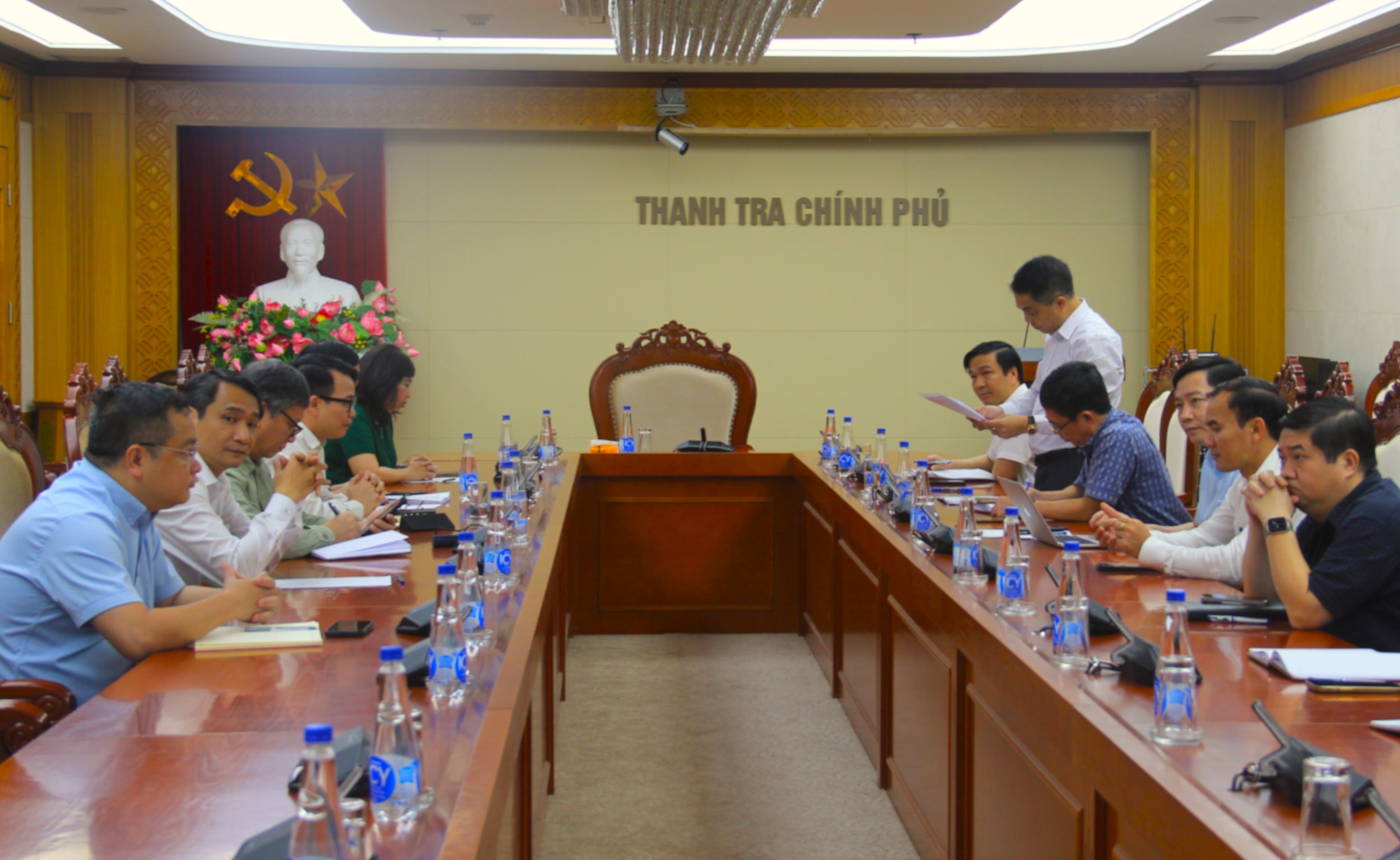

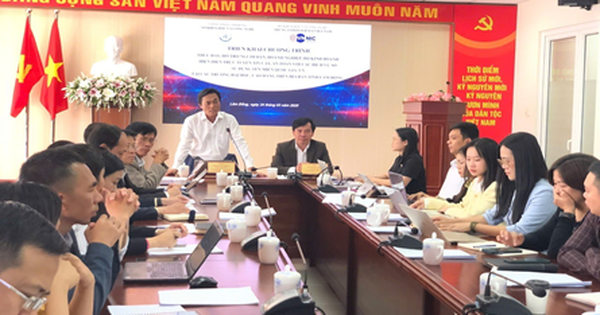
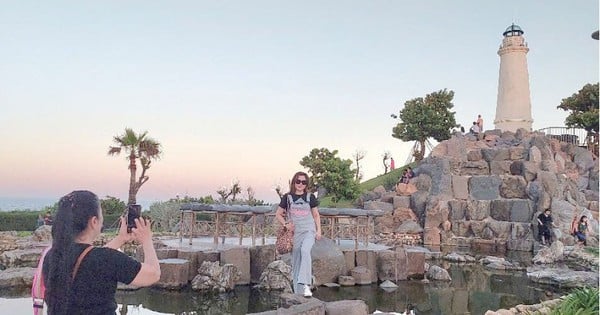

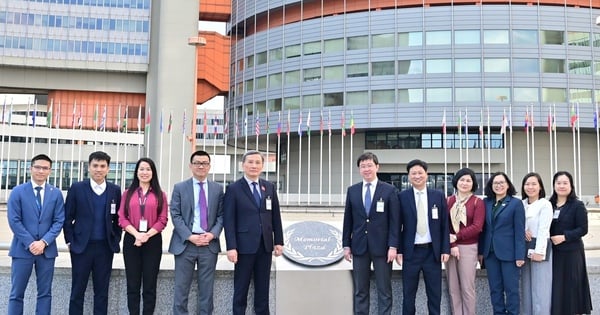
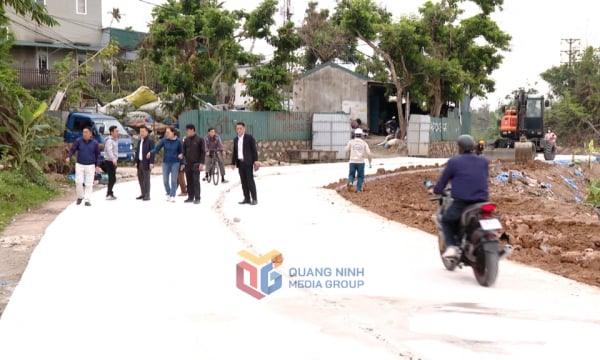



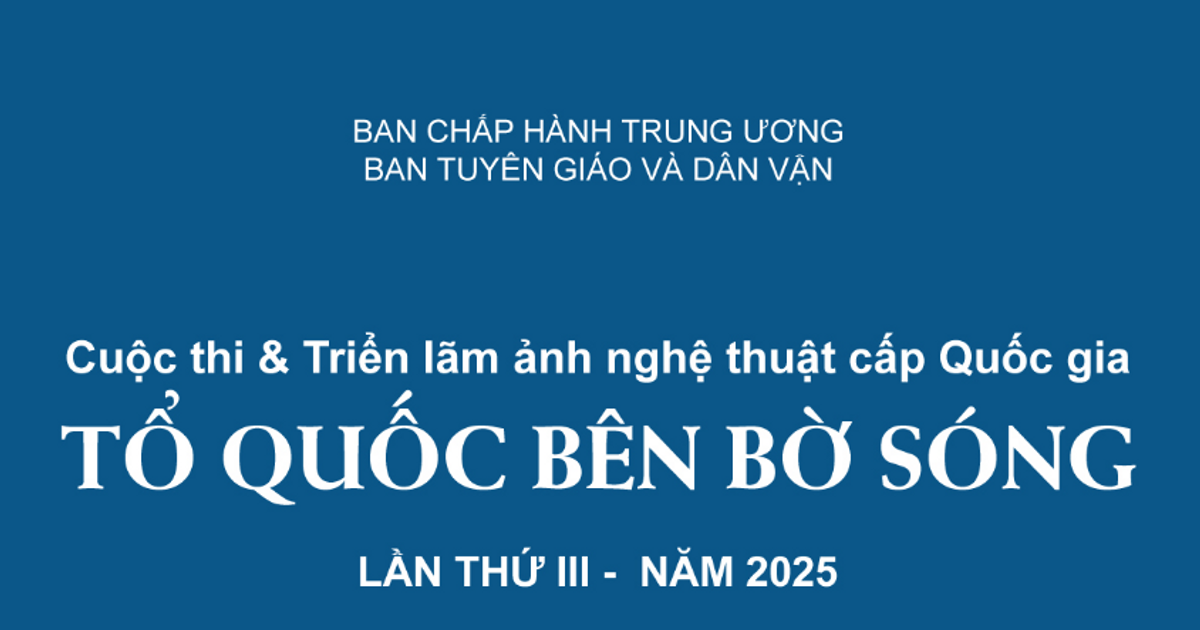

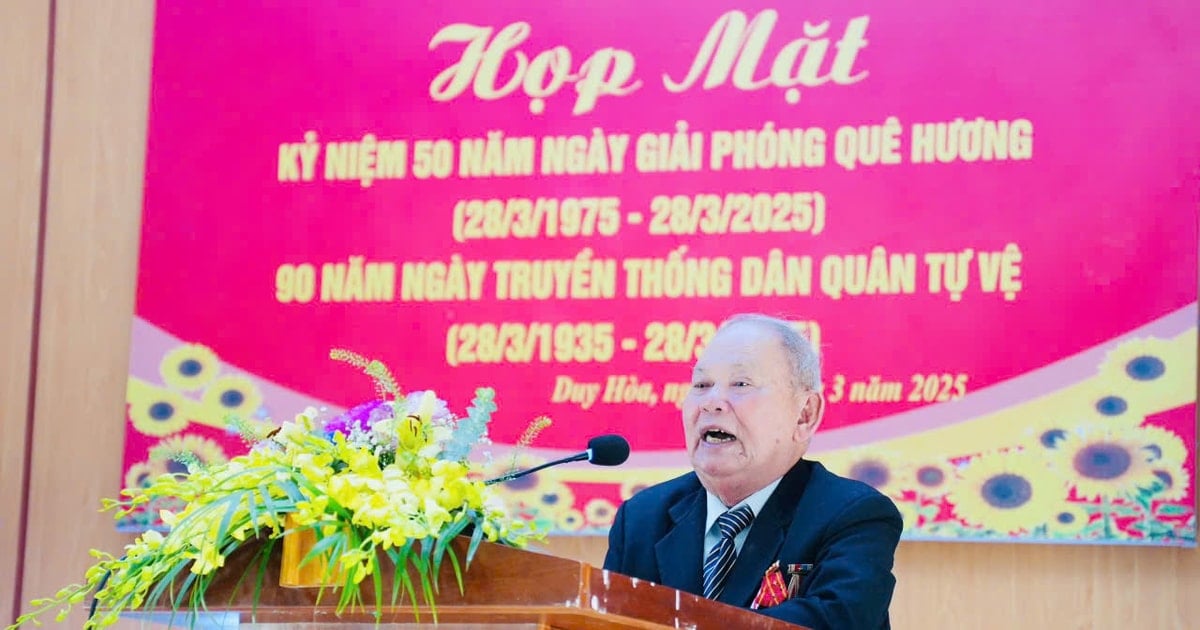


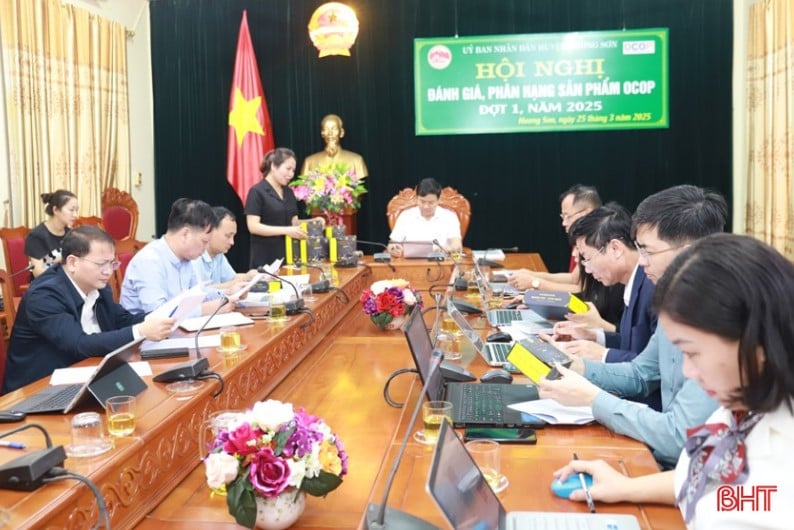

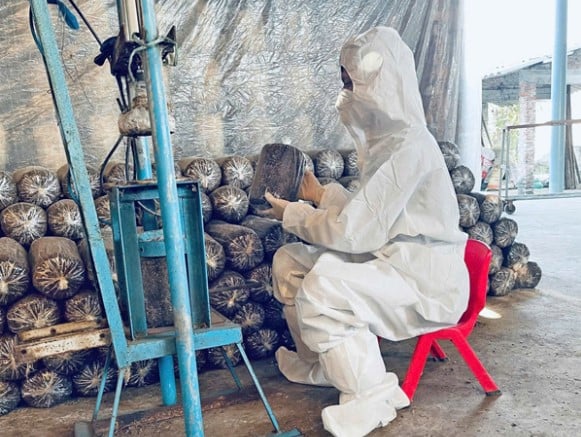
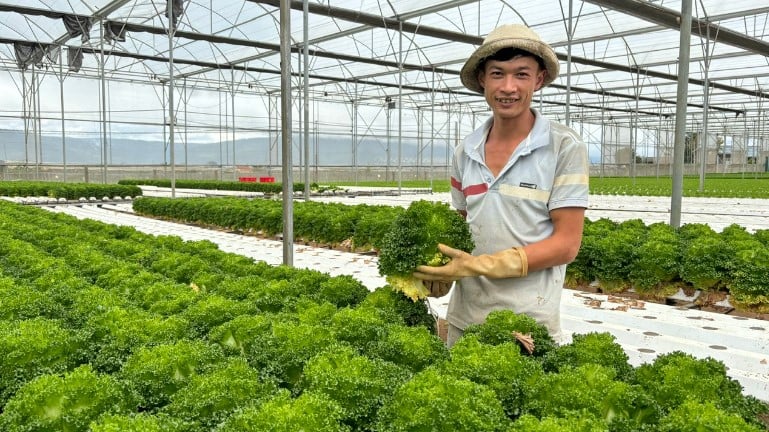



Comment (0)